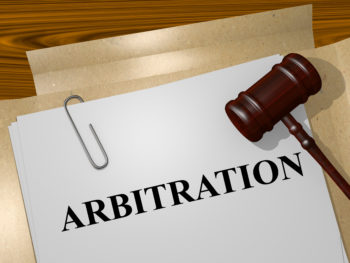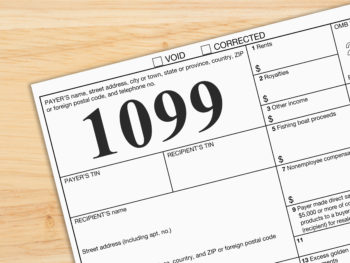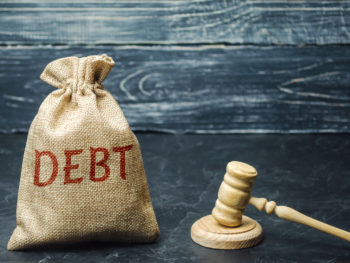Has a debt collector contacted you and asked how you are going to pay a debt, and then informed you that the creditor already has a judgment against you? This sometimes happens if you were served papers but never filed a written response. It’s also possible that you never knew about the lawsuit because the creditor filed papers with the court certifying you were served, because papers were delivered at an address where you used to live.
Creditors sometimes obtain default judgments against consumers on old debts, by serving papers at an address where the borrower no longer lives.
This can happen for any kind of debt on which a creditor must file a lawsuit, such as credit card debt, or private student loan debt.
How can you find out if a creditor has obtained a default against you, or if a creditor is suing you?
Start by checking the local superior court’s register of actions available online. If your county allows a name search by internet, you can do it from your computer without having to make a trip to the courthouse. Some counties make their register of actions available online, but to do a search by name you may need to physically go to the courthouse.
You’ll need to do the search in every county where you used to live, because these types of lawsuits are supposed to be filed in the county where you live.
If a default has been entered against you, act quickly to get a court order setting it aside, so you can defend against the lawsuit. Many defenses are available and you should contact an experienced collection defense lawyer for advice.









Leave a Reply